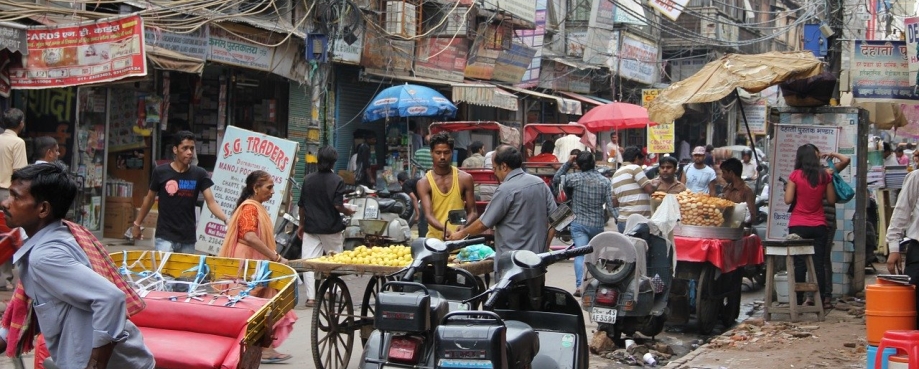
The Ethical Trading Initiative is deeply saddened to learn about the tragic fire in the bag factory in Delhi, and our thoughts are with the relatives of the 43 workers who are reported to have died.
It is heart breaking that, six years after the Rana Plaza Disaster, millions of workers around the world are still at grave risk of being injured, or killed, at work.
We understand that the factory in question was based in a residential area, without a licence or permission to operate, and was producing non-branded merchandise for the local market rather than any global or UK brands.
But the workers in question were migrant workers who were working and living at the same premises. This is not uncommon in subcontracted tiers of the supply chain. The use of migrant labour is increasing, and many migrant workers work very long hours, live in poor, unsafe conditions, and are often exploited by employers, contractors and landlords.
ETI’s members agree to adopt in full the ETI Base Code, and Clause 3 of the Base Code requires all members to take steps to ensure safe are safe and hygienic conditions within their supply chain.
But this tragic event highlights how important it is for responsible businesses to carry out due diligence within their global supply chains, particularly in the lower tiers where subcontracting and labour rights abuses are most likely to be prevalent, and where there is least visibility.
